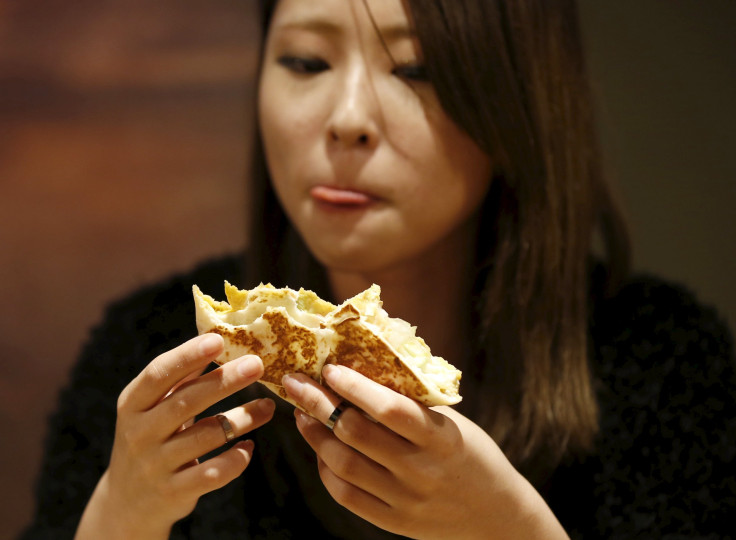Blame Habit Of Snacking At Night On Brain

The researchers at Brigham Young University, or BYU, have blamed the temptation to have a quick rundown towards your refrigerator at midnight on a faulty mechanism in the brain that prompts you to eat more. According to the new study published in the journal Brain Imaging and Behaviour, there are certain areas in the brain which do not get the same “food high” at night as they do during the day.
Your late-night cravings might not be cravings at all but rather a faulty mechanism in your brain that tells you to eat more. A new study from Brigham Young University has found that midnight snacking doesn’t produce the same reward signals that make people feel satisfied, which may lead them to overeat.
The research team at BYU had been wanting to understand the phenomenon behind the working of the brain’s reward centers in response to food, depending on the time of day. For this, they carried out their analysis on 15 women and measured their neural activity in response to images of food by fMRI twice a day, once early in the morning and again in the evening. Each of the women participants were shown low-calorie and high-calorie food at both times during the day.
By doing this, they discovered that images of food, especially high-calorie ones, increased the activity in the brains reward centers throughout the day, but these responses were lower in the evening. Also, the women reported that they could eat more in the evening compared to the morning.
The researchers said that the reason behind this is that the food eaten during the night does not give us the feeling of being satisfied and increases the cravings for food even when our hunger and fullness levels are the same as they are at other times of the day. But these midnight cravings are not the product of real or legitimate hunger.
The lead author of the study, Travis Masterson, says, “You might over-consume at night because food is not as rewarding, at least visually at that time of day. It may not be as satisfying to eat at night so you eat more to try to get satisfied.”
To contact the writer, email: ruchira.dhoke@gmail.com





















